When I was growing up in Rochester, New York, I was introduced to the 1940 classic Rummoli. My family has always been big on games, but finding a game that all ages could enjoy and that features poker chips? That was a challenge in my early gaming career, so a big thanks to my stepfamily for introducing me to a game that we still play 40+ years later.
A combination of Poker and Rummy, Rummoli was a hit because it is so simple to teach and it only requires poker chips and a deck of cards. My family had a handmade mat with all of the card/chip spaces (a problem that Etsy can solve for you right now), so it was always easy to get a quick game of Rummoli in with a half-dozen players while waiting for the turkey to finish cooking on Thanksgiving.
Rummoli was the name of the game I remember growing up, but over the years, I learned that Michigan Rummy (or, depending on the audience, Tripoley) was the more common name. The rules for all of these games are generally the same. All players start with a certain number of poker chips, then a dealer shuffles a normal 52-card deck and deals out a number of hands equal to the number of players plus one.
The dealer then reviews their hand of cards. If there are no scoring cards in their hand, they can choose to take the extra hand for themselves. But if the dealer has even a single scoring card, they have to put the extra hand up for bid, and each player bids to pay the dealer for that extra hand.
The player to the left of the dealer begins play, by playing the lowest card in one of the suits in their hand. In sequence, whoever has the next card gets to play it; turns continue in this way until a run is stopped because no one has the card (because that missing card is in the extra hand) or an ace is played. Then the player who played last gets to play a card in the opposite color of what was just played (black or red), again starting with the lowest card in one of those two suits.
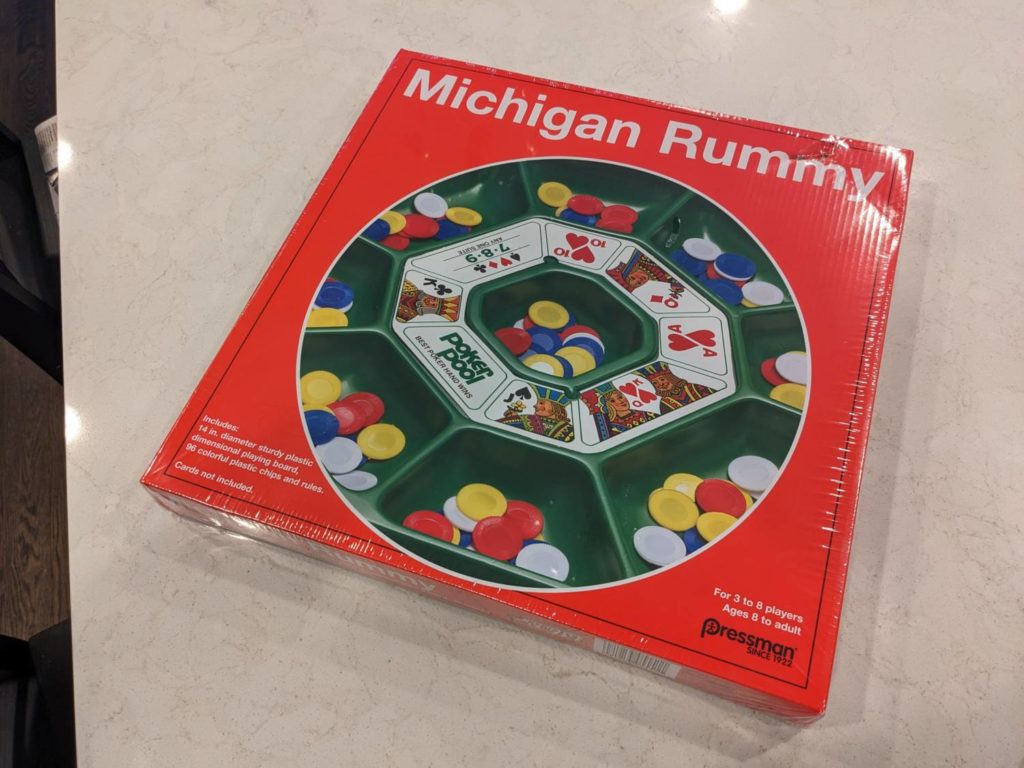
The excitement of Michigan Rummy comes from the scoring cards. Before each round, each player had to put one chip into each of the nine scoring cups; the dealer must place two chips into each cup. One of the cups, sometimes known as the “kitty”, is awarded to the player who empties their hand first, ending a round. Another cup is the Poker Pot, awarded after the round to the player who had the best poker hand (i.e., someone that had a full house wins over others that had three of a kind as their best hand).
Other scoring pots include the 10 of spades, the jack of diamonds, the queen of clubs, the king of hearts, and the ace of spades.
But it’s the remaining two pots that create the most drama in a round. The 7-8-9 pot can only be claimed when someone plays a seven, then an eight, then a nine of a single suit in order from their hand. The ace-king of diamonds can be claimed when one player plays those two cards.
Rounds continue like this until everyone has served as the dealer once, but I’ve seen any number of variants for game-end conditions, such as when all other players are out of chips or when someone reached 100 chips in winnings.
For this piece, our friends at Pressman were kind enough to send a review copy of Michigan Rummy, so that I had a set that could be used for pictures and to keep me warm at night since my brother and other extended family members have all of our other Rummoli/Michigan Rummy sets at their respective homes.
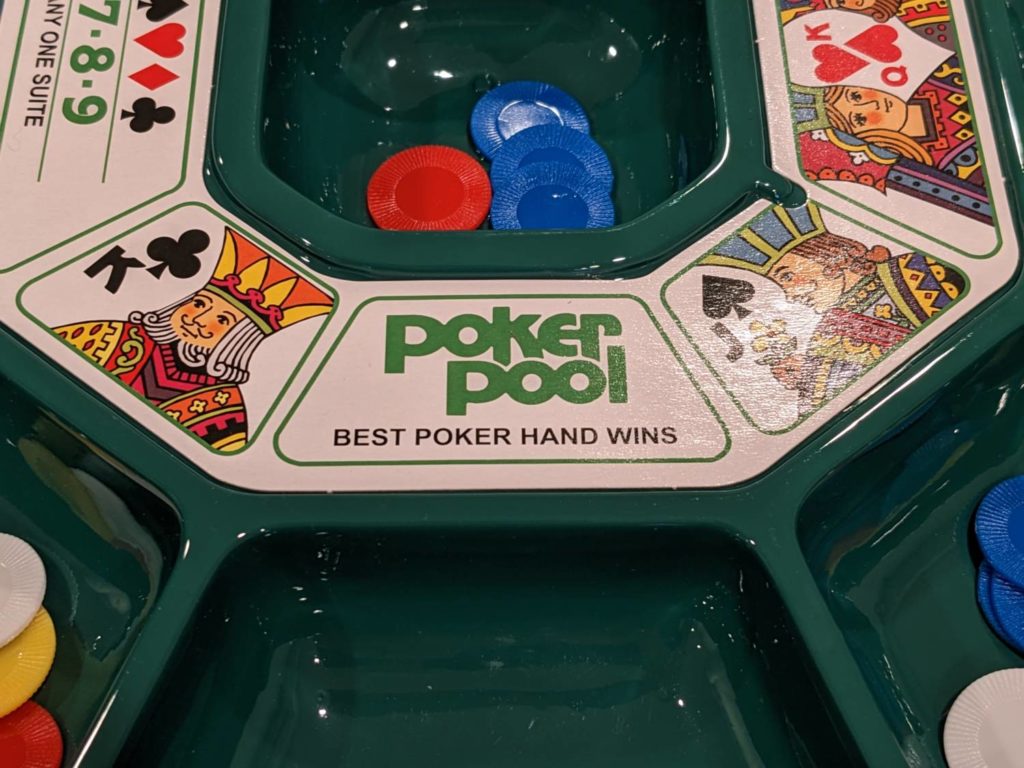
Michigan Rummy: What Still Works?
Michigan Rummy is still a hoot to play with the family. Between larger eight-person games at the beach, three-player games with my kids, and every player count in between, Michigan Rummy still serves as a harmless, funny 30-to-45-minute activity.
Poker chips are fun to stack while debating whether to snatch the dummy hand for the next round. There’s just enough strategy to call this a game that features real choices. Putting together a hand that will either go out fast or win the Poker Pot still allows for some choices to be made, even with a terrible no-scoring-cards hand.
And, boy oh boy, playing a 7-8-9 combo when the chips are overflowing from the cup still registers as a certified gaming treasure. Michigan Rummy still has some big moments in a game that can be played with your grandparents. Even if you play terribly, the game allows for players to get that first cocktail rolling while sitting with friends at the table.
Michigan Rummy: What Doesn’t Work?
I generally don’t play games like Michigan Rummy with my strategy gaming friends. It just doesn’t land well because the types of choices to be made in a round don’t tickle the brain.
Michigan Rummy also says it fits best as a 3-8 player game, but in my experience, it’s best with at least six. Less than that, and there’s often not enough chips in each pot to create the kinds of drama associated with winning when there are loaded cups at stake. Also, you’ll sometimes find that in three- or four-player games, one person has a hand that absolutely smokes the scoring cards. The game is a little more interesting when scoring cards are spread across a large number of players.
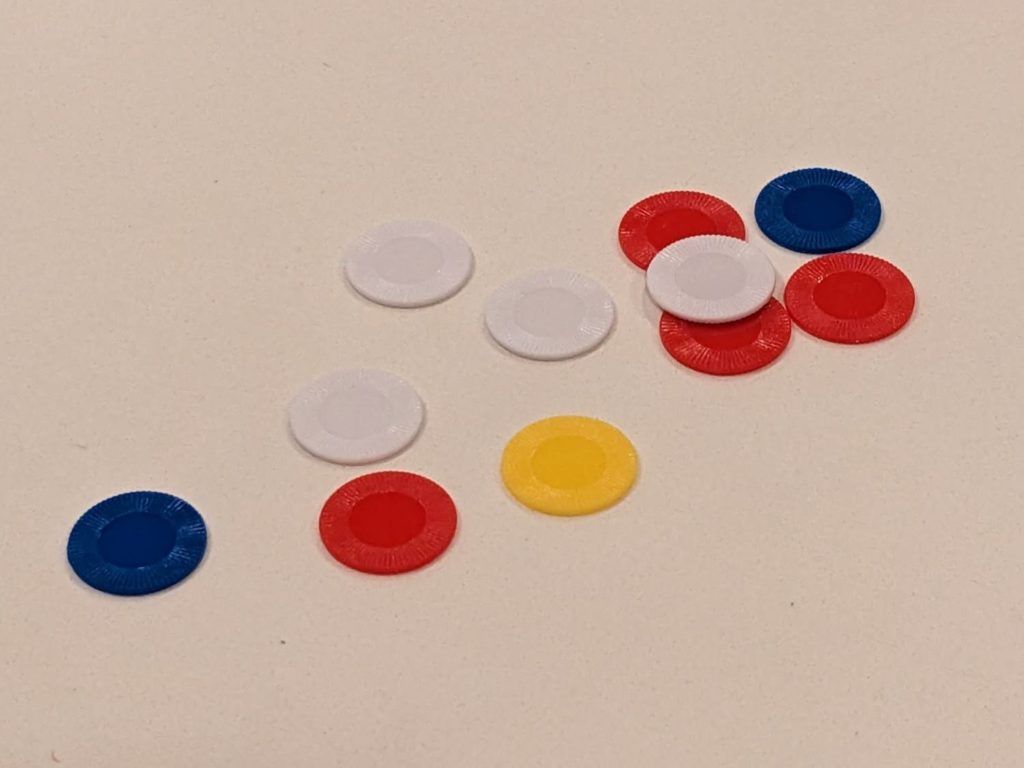
Yea or Nay?
In my family, Michigan Rummy is Rummoli, and Rummoli is not going anywhere for the rest of my life. Our plays have created too many great memories, and my brother thinks Rummoli is one of the greatest games ever made. (Whether he’s right or not is another conversation.)
I still think Michigan Rummy is worth a look if you’ve never played. Everyone has a deck of cards, and the Pressman Michigan Rummy set is only $12 through their partner sites. It’s a perfectly acceptable starting set, and the Etsy link I shared earlier allows for someone to lose their mind and spend $250 on something nicer if the game ends up being a keeper.
For all of the games I play that are overloaded with fancy production and bloated rules, Michigan Rummy is a fantastic way to spend a breezy afternoon with the family.
The Back in the Day Series:

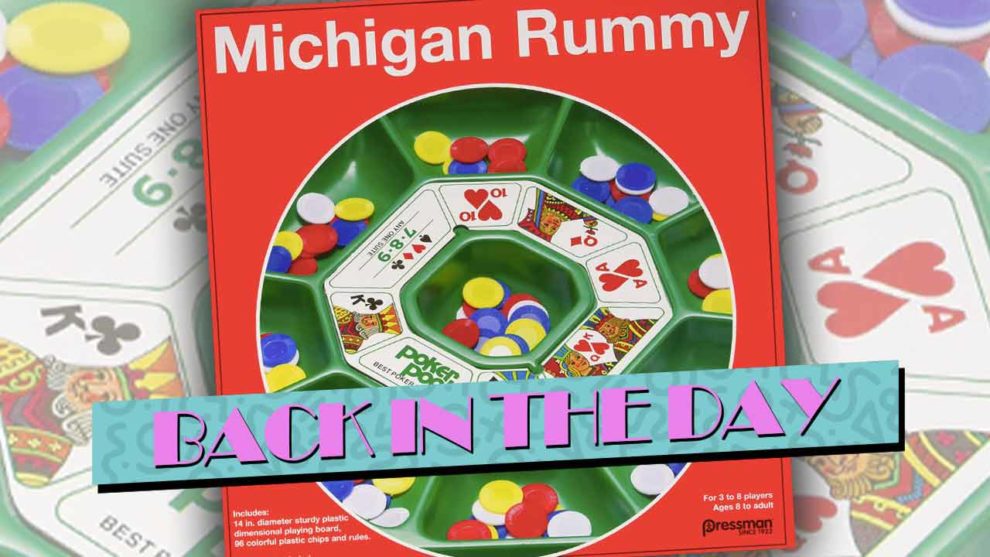


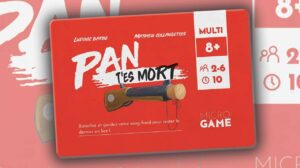
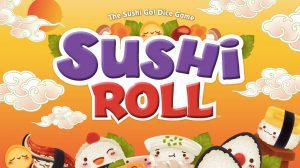





Add Comment